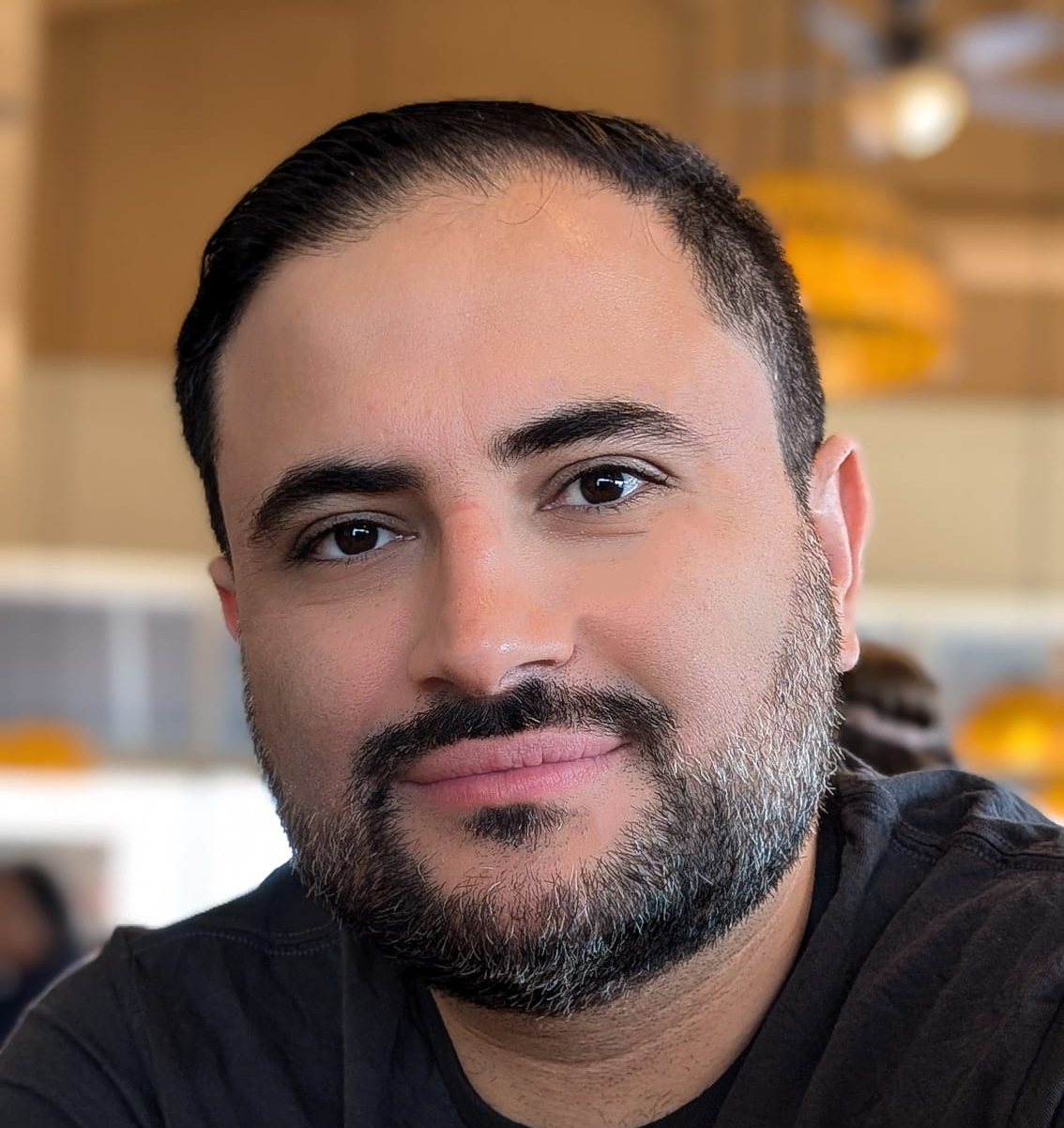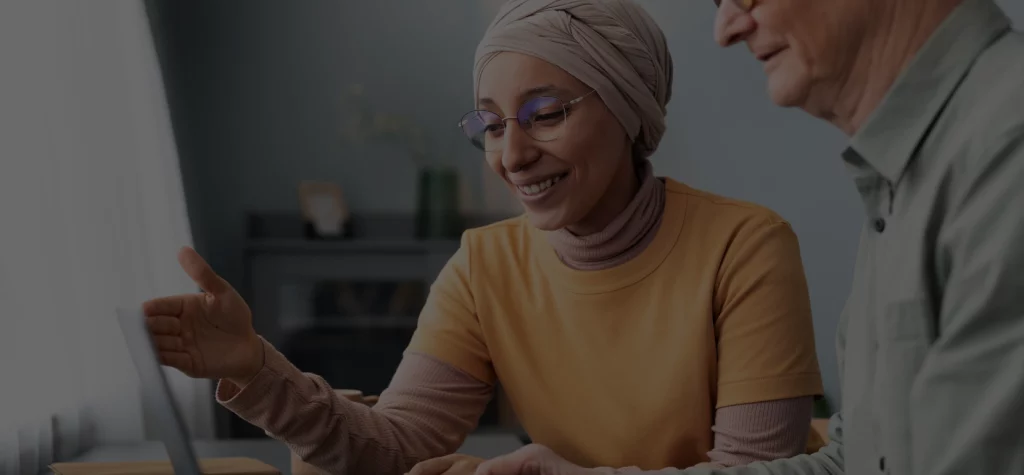2MDOpinion delivers world-class medical second opinion from top specialists, giving patients clarity and confidence in just days, not months
 Written By: Hesam Seyedi | September 24, 2025
Written By: Hesam Seyedi | September 24, 2025
Every cancer diagnosis comes with two things: fear and questions. What does this mean? What happens next? And who can I trust to give me the right answers?
In Canada, where wait times are long and specialists are stretched thin, getting clear answers often feels impossible. Many patients spend weeks or months waiting to see a cancer consultant while their uncertainty grows day by day.
The reality is staggering. In 2024 alone, Canada will see an estimated 247,100 new cancer cases and 88,100 deaths,
and nearly 2 in 5 Canadians will face cancer in their lifetime.
The scale alone shows why getting fast, expert consultation isn’t a luxury — it’s a necessity.
The need for timely access to cancer consultants has never been greater. Yet not everyone gets to see one when it matters most, leaving thousands waiting when early action could change everything.
A cancer consultant isn’t just another doctor — they’re the strategist behind your treatment plan. They analyze every scan, every test, and every variable to decide what happens next: surgery, chemotherapy, immunotherapy, or a careful watch-and-wait approach.
But access to these experts isn’t equal across Canada. A population-based study found that 64.9% of pancreatic cancer patients received a consultation with a medical oncologist, while only 24.7% saw a radiation oncologist — leaving many without full specialist input on their care.
That’s not just a data gap — it’s a human one. Behind every statistic is a patient waiting for clarity about their next step, often when time is running short.
And as demand grows, even Canada’s best cancer consultants are struggling to keep up, creating a system where access depends on timing more than need.
The demand for oncologists is rising faster than Canada’s healthcare system can handle. Every year brings new cases, new therapies, and growing patient lists — yet the number of cancer consultants hasn’t caught up.
According to national data, Canadian medical oncologists manage a median of 175 new consultations per year.
While this aligns with professional guidelines, it highlights how stretched the system has become. Each consultation represents a patient waiting for vital decisions — sometimes while their condition progresses.
For many specialists, full schedules mean less time for follow-ups or multidisciplinary review. For patients, it means longer delays, shorter visits, and fewer chances to discuss treatment options in depth.
It’s no wonder more Canadians are looking outside the traditional system for answers — turning to private and virtual second opinions for timely, expert guidance when waiting simply isn’t an option.
| Key Metric | Statistic | Source |
|---|---|---|
| Estimated new cancer cases in Canada (2024) | 247,100 | Cancer.ca |
| Lifetime cancer risk for Canadians | 2 in 5 Canadians will be diagnosed with cancer | Cancer.ca |
| Consultation rate for pancreatic cancer patients | 64.9% saw a medical oncologist, 24.7% saw a radiation oncologist | NIH/PubMed |
| Annual new consultation workload per Canadian oncologist | Median 175 new consults per year | NIH/PubMed |
| Treatment changes after oncology second opinion | 23–57% of patients had a clinically meaningful change | NIH/PubMed |
| Patients seeking second opinion at diagnosis | Over 66% | ASCO |
| Rate of clinically meaningful difference in 2nd opinions | 59–83% | ASCO |
| Virtual oncology second opinions recommending treatment change | 53.8% | PubMed |
When you’re fighting cancer, one opinion can shape your entire future. A second opinion isn’t about doubting your doctor — it’s about protecting your chance at the best possible outcome.
Research shows that 23–57% of oncology patients receive a clinically meaningful change in treatment after a second opinion.
That often means switching to less invasive therapies, avoiding unnecessary surgery, or adjusting medication plans for better results.
For some patients, that second review confirms the original plan and brings peace of mind. For others, it changes the entire course of care — turning uncertainty into clarity, and sometimes, fear into hope.
Those numbers reveal what’s truly at stake: not just the accuracy of a treatment plan, but the possibility of a better quality of life. And for Canadians who wait months for a specialist consult, that second look can make all the difference.
Most patients ask for a second opinion the moment they hear the word “cancer.” It’s not about mistrusting their doctor — it’s about wanting to make sure nothing is missed when the stakes couldn’t be higher.
Studies show that over 66% of patients seek a second opinion at diagnosis, and rates range from 1% to as high as 88% depending on access, education, and how confident patients feel about their first consultation.
It’s a natural reaction — a mix of fear, caution, and the instinct to take control. For some, it’s a way to double-check that they’re on the right path. For others, it’s the first time they feel empowered to ask “why” before moving forward.
And as more Canadians discover that second opinions can be done virtually, a growing number are skipping long referral lines altogether — getting expert insight from leading cancer consultants without ever leaving home.
The future of cancer care doesn’t always happen in a hospital — it happens on screen. Virtual consultations are giving Canadians access to world-class oncologists without the travel, stress, or endless waiting lists.
In a global virtual oncology program led by Stanford and Included Health, 53.8% of patients received new treatment recommendations after a virtual second opinion, and 77% of them had advanced-stage disease. For many, this meant real changes in care — better therapy options, fewer side effects, and more targeted results.
The benefits extend beyond convenience. Virtual oncology helps patients access multiple subspecialists — radiologists, pathologists, and oncologists — without delay. It’s collaboration at a speed the traditional system rarely achieves.
These results show how online access can close the gap between diagnosis and decision, especially for patients who can’t afford to wait months for answers that may change their treatment path entirely.
Behind every successful cancer recovery, there’s often a oncologist online consultation where a specialist asked the right questions. That single review, that second set of eyes, can change everything — from diagnosis to treatment approach.
According to clinical findings from oncology specialists, between 59% and 83% of oncologists report that their recommendations differ in meaningful ways from initial opinions. That means more than half of second-opinion reviews bring fresh insights — not to contradict, but to refine.
This level of re-evaluation isn’t redundancy; it’s the essence of precision care. It’s how doctors ensure that no variable is overlooked, and no opportunity for better outcomes is missed.
It’s clear that collaboration among cancer consultants doesn’t just improve accuracy — it strengthens trust and empowers patients to make confident, informed decisions about their future.

Cancer care in Canada is among the best in the world — but access remains its biggest challenge. For many patients, the problem isn’t the quality of treatment, it’s how long it takes to get it.
With 2 in 5 Canadians expected to develop cancer in their lifetime, the system faces growing pressure to deliver faster specialist access. That demand exposes a painful truth: even the strongest healthcare system struggles when time is the most critical factor.
Every delay has consequences — physically, emotionally, and financially. A diagnosis that could have been clarified in days sometimes takes months, and that waiting period can determine whether treatment begins early or too late.
That’s why new models of care are emerging. Hybrid and virtual consultations are bridging the gap between expertise and availability, offering Canadians a faster, more connected path to the specialists they need most.
What if you could speak to an oncologist within days instead of waiting months? That’s the new reality for many Canadians using virtual cancer consultant services — fast, secure, and guided by experts who specialize in your exact condition.
Virtual consultations are proving that distance no longer limits access to quality cancer care. In fact, data from a Stanford-led study found that treatment plans changed in over half of virtual oncology second opinions, showing the power of digital access to improve outcomes and reduce unnecessary procedures.
For Canadian patients, these platforms mean faster connections to cancer consultants who understand complex cases — from early-stage diagnoses to advanced therapies and rare cancers. It’s care built around urgency, not the calendar.
Canadians deserve that level of access — expert, compassionate, and immediate — and virtual consultation models are finally making it possible.
Your diagnosis deserves more than one set of eyes. A second opinion isn’t just about reassurance — it can mean a completely different treatment plan, or even a second chance at recovery.
Studies show that second opinions in oncology lead to meaningful treatment changes in up to 57% of cases.
That’s not a small number — it’s thousands of patients receiving more accurate diagnoses, refined care, and better outcomes simply because they asked for another expert review.
If you or someone you love is facing a cancer diagnosis, don’t wait months for clarity. You can now connect directly with top cancer consultants online — safely, quickly, and without a referral.
Visit our second medical opinion platform to get a trusted second opinion from leading oncologists across Canada and beyond. Because when every decision matters, the right consultation can make all the difference.
2MDOpinion delivers world-class medical second opinion from top specialists, giving patients clarity and confidence in just days, not months
Email Us
2MDOpinion delivers world-class medical second opinions from top specialists, giving patients clarity and confidence in just days, not months.
| Cookie | Duration | Description |
|---|---|---|
| cookielawinfo-checkbox-advertisement | 1 year | Set by the GDPR Cookie Consent plugin, this cookie is used to record the user consent for the cookies in the "Advertisement" category . |
| cookielawinfo-checkbox-analytics | 11 months | This cookie is set by GDPR Cookie Consent plugin. The cookie is used to store the user consent for the cookies in the category "Analytics". |
| cookielawinfo-checkbox-functional | 11 months | The cookie is set by GDPR cookie consent to record the user consent for the cookies in the category "Functional". |
| cookielawinfo-checkbox-necessary | 11 months | This cookie is set by GDPR Cookie Consent plugin. The cookies is used to store the user consent for the cookies in the category "Necessary". |
| cookielawinfo-checkbox-others | 11 months | This cookie is set by GDPR Cookie Consent plugin. The cookie is used to store the user consent for the cookies in the category "Other. |
| cookielawinfo-checkbox-performance | 11 months | This cookie is set by GDPR Cookie Consent plugin. The cookie is used to store the user consent for the cookies in the category "Performance". |
| viewed_cookie_policy | 11 months | The cookie is set by the GDPR Cookie Consent plugin and is used to store whether or not user has consented to the use of cookies. It does not store any personal data. |
| Cookie | Duration | Description |
|---|---|---|
| _ga | 2 years | The _ga cookie, installed by Google Analytics, calculates visitor, session and campaign data and also keeps track of site usage for the site's analytics report. The cookie stores information anonymously and assigns a randomly generated number to recognize unique visitors. |
| _ga_530K1V7VWR | 2 years | This cookie is installed by Google Analytics. |
| Cookie | Duration | Description |
|---|---|---|
| nitroCachedPage | session | No description |